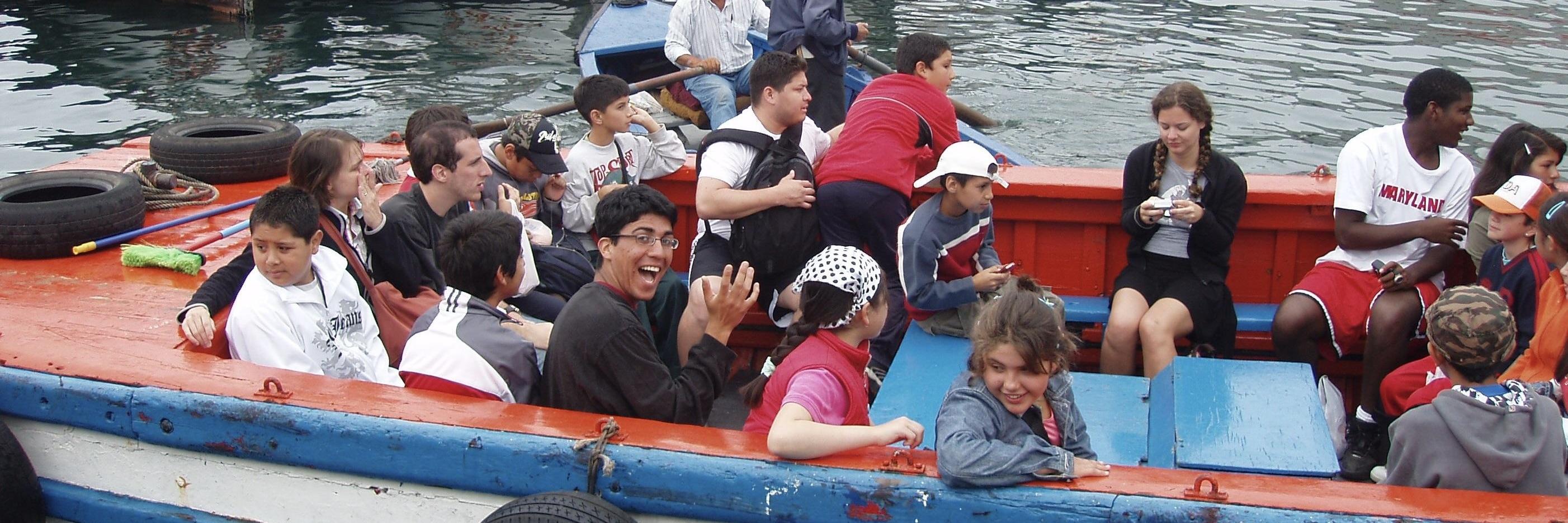Health & Safety
Your safety and security is our top priority.
While we cannot guarantee the safety of participants, we firmly believe that the risks can be significantly reduced when faculty, staff, students, parents, and University partners work together. In any emergency it is always best to be prepared. Use the right hand sidebar to find basic health and safety tips and important information on staying healthy while abroad. Be sure to familiarize yourself with the insurance coverage offered through Cultural Insurance Services International (CISI) that is required for all UMD students and non-UMD students attending our programs.
As part of our commitment to providing safe and well-managed study abroad opportunities, we endorse and adhere to the Standards of Good Practice as outlined by the Forum on Education Abroad as well as those outlined by NAFSA: Association of International Educators in its Responsible Study Abroad: Good Practices for Health and Safety report. Extremely helpful and student-friendly travel guidance and advice is also available on the U.S. State Department's Students Abroad website.
Pre-departure Orientation
As your prepare for your time abroad, explore resources and guidance you need to know.
Emergency Response
How to contact Education Abroad and other resources in case of emergency.
Health Guidance & UMD Requirements
Important guidance on vaccines, accommodations and access to medications abroad.
Status Updates & FAQs
Health and safety updates and FAQs regarding program cancellation.

